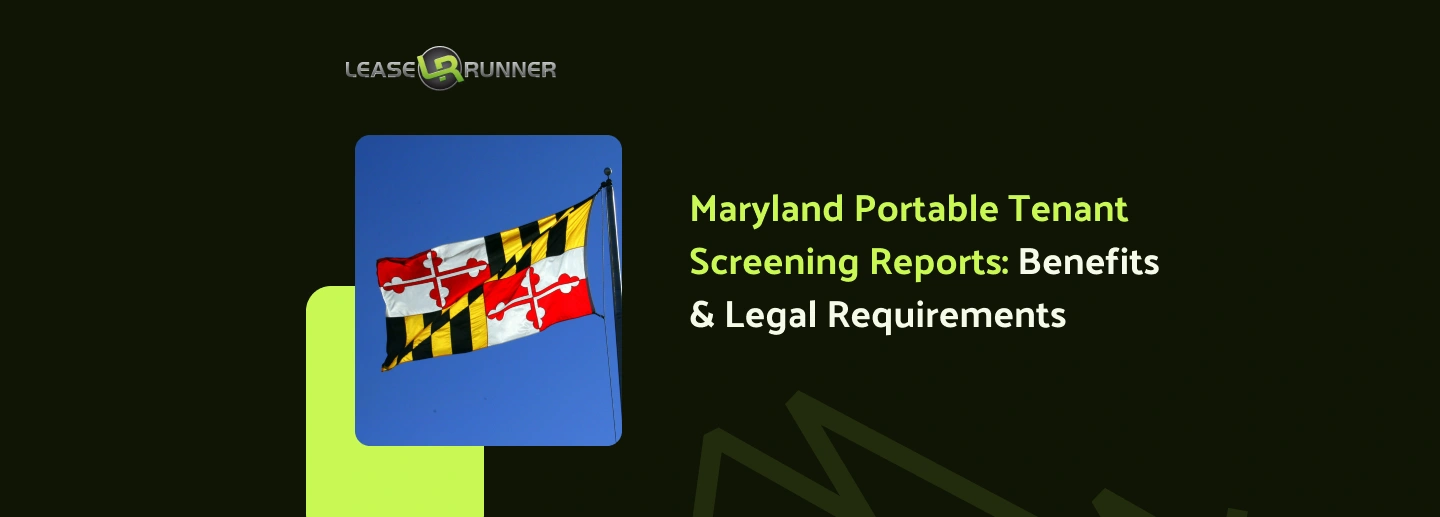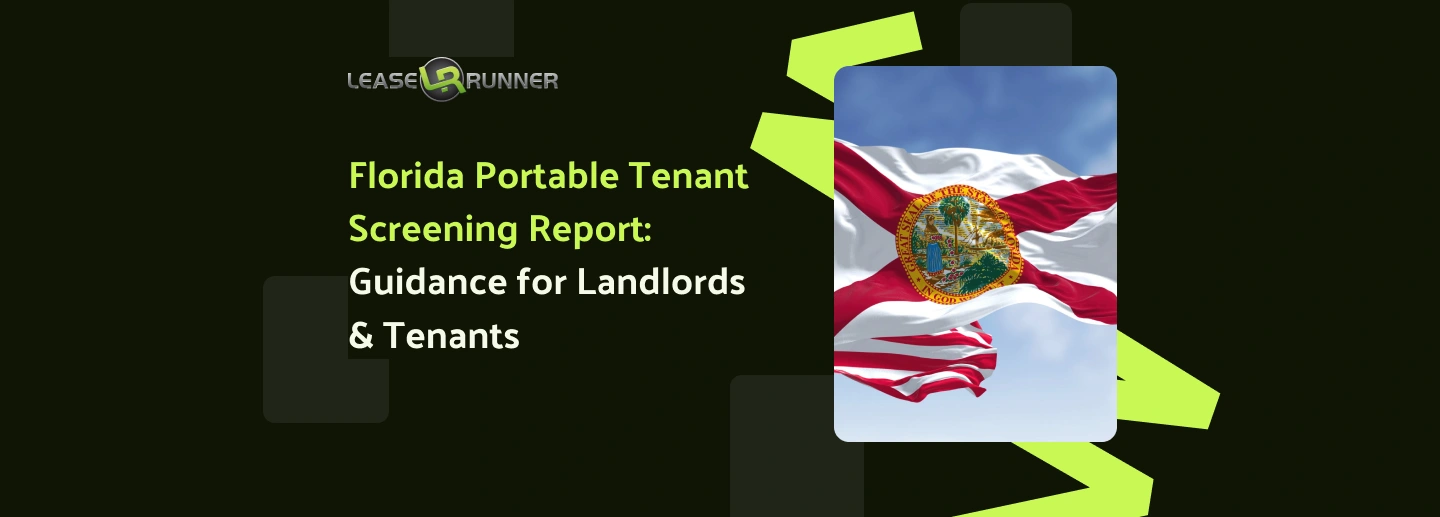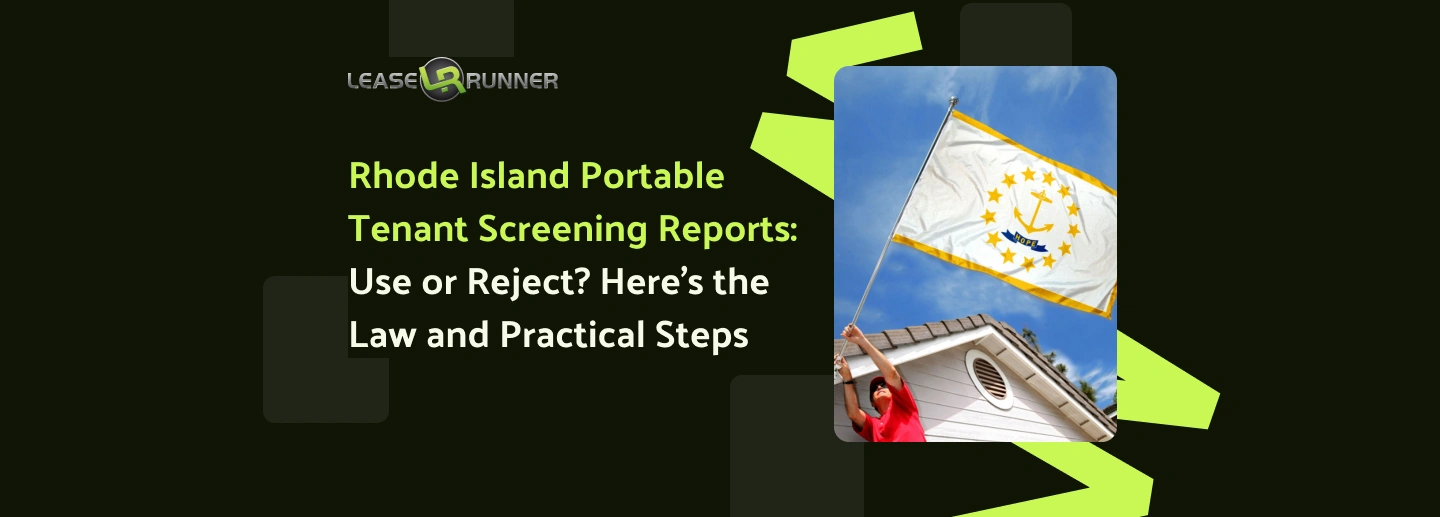The Maryland portable tenant screening report is a useful tool for renters and landlords. With one report, a renter can show many landlords their credit, criminal, and eviction history. This report is called a reusable tenant screening report because it can be shared multiple times.
This saves money and time by avoiding extra fees for each application. Maryland landlords must follow rules about how they use these reports in the tenant screening and the rental application process.
If you ask, “Where can I get a portable tenant screening report?” or want to know about a background check for renters in Maryland, this article will guide you step-by-step. It also covers important Maryland tenant screening laws that landlords and tenants should know.
Before we explore these details, here’s a quick facts table summarizing six of the most searched criteria related to portable tenant screening in Maryland:
What is a Portable Tenant Screening Report (PTSR)?

A portable tenant screening report (PTSR) is a rental background report that a renter can use across multiple rental applications without having to pay for a new one each time. Think of it as a single reusable tenant screening report that follows the renter, instead of being tied to one landlord.
The report usually includes a renter’s credit history, criminal background check, eviction records, and other details that landlords need to make informed leasing decisions. These components give a complete picture of a renter’s financial responsibility and rental history.
There are two main forms: a standard tenant screening report (used only once for a single property) and a portable report, which renters can share with different landlords for a set time—often 30 days.
For example, if a renter in Maryland applies to three apartments in one month, they only need to purchase one PTSR from a trusted screening service. After identity verification, the renter can submit the same report to all three landlords—no extra fees or duplicate applications.
This benefits both sides, and landlords get a full, current view of a renter’s background. This helps them make faster and fairer decisions. Using a portable tenant screening report also follows all Maryland tenant screening laws.
Maryland Laws on Portable Tenant Screening Reports
In 2025, Maryland implemented new tenant screening laws through Senate Bill 691 (SB 691), Chapter 784, which aims to make the rental application process fairer and more transparent. The law took effect on July 1, 2025.
Then, does Maryland require landlords to accept portable tenant screening reports? The direct answer is no. Maryland law does not currently mandate landlords to accept a portable tenant screening report (PTSR) from applicants.
Landlords may choose to accept these reports, but they are not legally required to do so. However, if landlords decide whether or not to accept a PTSR, they must inform tenants in writing to avoid confusion. This clarity is part of Maryland’s commitment to a fair screening process for renters.
Under Maryland law, landlords may charge an application fee but are limited by state regulations to reasonable amounts (typically not exceeding $25). Crucially, if a tenant provides a valid portable tenant screening report, landlords cannot impose additional screening fees for using that report.
A valid PTSR must meet specific technical requirements:
- It must be issued by a Consumer Reporting Agency (CRA) accredited under the Fair Credit Reporting Act (FCRA).
- The report’s age cannot exceed 30 days, measured from the date of issue, not the submission date.
- It must include verified tenant identity using Social Security Number (SSN), Individual Taxpayer Identification Number (ITIN), or government-issued ID.
- A complete report includes the tenant’s credit score, criminal background, and eviction history from the past seven years.
- It should also show proof of income and employment to give landlords a fuller picture of the tenant’s ability to pay.
Under federal and Maryland Fair Housing Act guidance, landlords must treat these reports fairly and avoid discriminatory practices when evaluating applicants.
- Disclosure and Fee Restrictions: If a landlord accepts a PTSR, Maryland law prohibits charging the tenant any further fees for screening or the rental application linked to that report. If landlords want to run a separate screening report beyond the PTSR, they must obtain the tenant’s express consent and may charge for that separately, consistent with state fee caps.
- Penalties for Non-Compliance: Landlords who refuse a valid portable tenant screening report without a valid reason or charge extra non-permitted fees face penalties, including a fine of $2,500 per violation. This penalty is reduced to $50 if the landlord corrects the violation within seven days of being notified. Tenants can file complaints with the Maryland Attorney General’s Consumer Protection Division, which enforces these rules.
- Tenant Protections and Major Change Reviews: Landlords must review any major changes in a tenant’s background report before denying an application. Major changes include: New eviction filings, recent criminal convictions, and significant drops in credit scores.
Tenants have the right to appeal denials based on such changes by providing additional explanations or documentation, ensuring a fair chance to contest or clarify information.
Benefits of Accepting PTSR in Maryland for Landlords

A Portable Tenant Screening Report (PTSR) is a great tool for Maryland landlords. It is a reusable report that a tenant gets and pays for themselves. Then, they share it with you. This system offers many benefits. It saves you money and makes the screening process more efficient. Using a PTSR helps you find a good tenant while following the law.
Cost Savings
Accepting a portable tenant screening report can save you a lot of money. Normally, landlords pay a fee for each background check. With a PTSR, tenants give you a reusable report, so you do not pay a new fee.
This is especially good for landlords with five or more units. Maryland law limits its application fees. When many people apply, they can each submit their own PTSR. This saves you money on many fees. It also helps you fill empty units faster.
Streamlined Screening Process
A PTSR puts all of a tenant’s information into one easy report. Landlords get quick access to facts like income verification and cash flow reports, eviction records, and employment details.
This helps landlords make faster decisions. You get one full report instead of doing many separate checks. This lowers the chance of mistakes that can happen with manual screening.
Improved Transparency and Tenant Experience.
Landlords get a clearer view of each tenant by using comprehensive, reusable tenant screening reports. Since applicants check and fix errors first, landlords see accurate details about credit and rental history.
With fewer surprises, choosing the right tenant becomes easier. This honest system builds trust and helps both sides work well together during the lease.
Accuracy and Certification
Maryland law says a Maryland portable report must come from a certified company and be less than 30 days old. This rule keeps the data current and full. Landlords can trust the information. It also lowers the risk of having wrong or missing details.
Efficiency and Fairness
With quick access to full reports, landlords can make fair decisions. This system helps stop bias that might happen if you did background checks in different ways. The standard report makes sure every person is judged with the same information.
Rejection Rights with Protections
Landlords must accept valid PTSRs, but they can still reject an applicant. For example, if there has been a major change in the tenant’s background since the report was made, you can legally reject them. These rules protect landlords from risk while still respecting a tenant’s rights.
Benefits of Applying a PTSR in Maryland for Tenants
A Maryland portable tenant screening report has many benefits for tenants. It makes the rental process easier, faster, and cheaper.
Cost Savings
Getting one portable tenant screening report saves tenants money. You do not have to pay many screening fees. For example, if you apply to three apartments, you only pay once for a report you can reuse. This is a big help for renters in a tight market.
Time Efficiency
A reusable tenant report also saves time. It cuts days or weeks from the usual application process. You already have a checked report ready. You can give it to landlords right away. This speeds up how fast you get approved. It lets you apply to more places and get a home faster.
Ease of Use
Technology helps tenants check their identity and get their report. They can share it with landlords online. The whole process is easy to do.
Accuracy and Transparency
With a reusable tenant report, you see the same facts a landlord will see. You can check the report for mistakes, like a wrong address. You can fix these issues before you apply. This helps you avoid unfair rejections.
By providing your own comprehensive, reusable tenant screening reports, you show that you are a good renter.
Greater Access
With more control over their reports, tenants can apply to more properties. They can present themselves as good renters even in busy housing markets. This helps more people find housing across Maryland.
How To Obtain A Maryland Portable Tenant Screening Report: 5 Ways For Tenants
Getting a Maryland portable tenant screening report is easy if you follow these simple steps. This process saves time, protects your money, and makes you ready for any Maryland rental application.
1. Choose a reputable screening service
Start by picking a trusted agency that is accepted under Maryland tenant screening laws. Good examples include LeaseRunner, TurboTenant, and RentGrow. These companies are known for creating comprehensive reusable tenant screening reports.
For example, you can visit the LeaseRunner website, set up your own account, and begin your request for a report.
2. Create an account and verify your identity
You’ll need to sign up and prove who you are. Most agencies will ask for a government ID, your Social Security Number, your work information, and your previous addresses.
The site will check your details for security and to make sure your report meets the right standards for a background check for renters in Maryland.
3. Understand PTSR Validity
A Maryland portable tenant screening report is only valid for 30 days. When you request your report, check that it covers your credit, criminal, and eviction records across every state you have lived in. This ensures your report will be accepted by landlords following Maryland tenant screening laws.
4. Share the report with landlords
Once ready, you can send a digital copy or a secure link directly to any landlord. Always be sure to ask if they accept a portable tenant screening report. This will save you from paying extra fees for each application.
5. Keep the information up-to-date
If anything changes in your background or your report is about to expire, order a new screening. Keeping your portable tenant screening report current means you will always be ready to apply for your next home.
Step-by-Step Guide: How Maryland Landlords Can Accept PTSRs
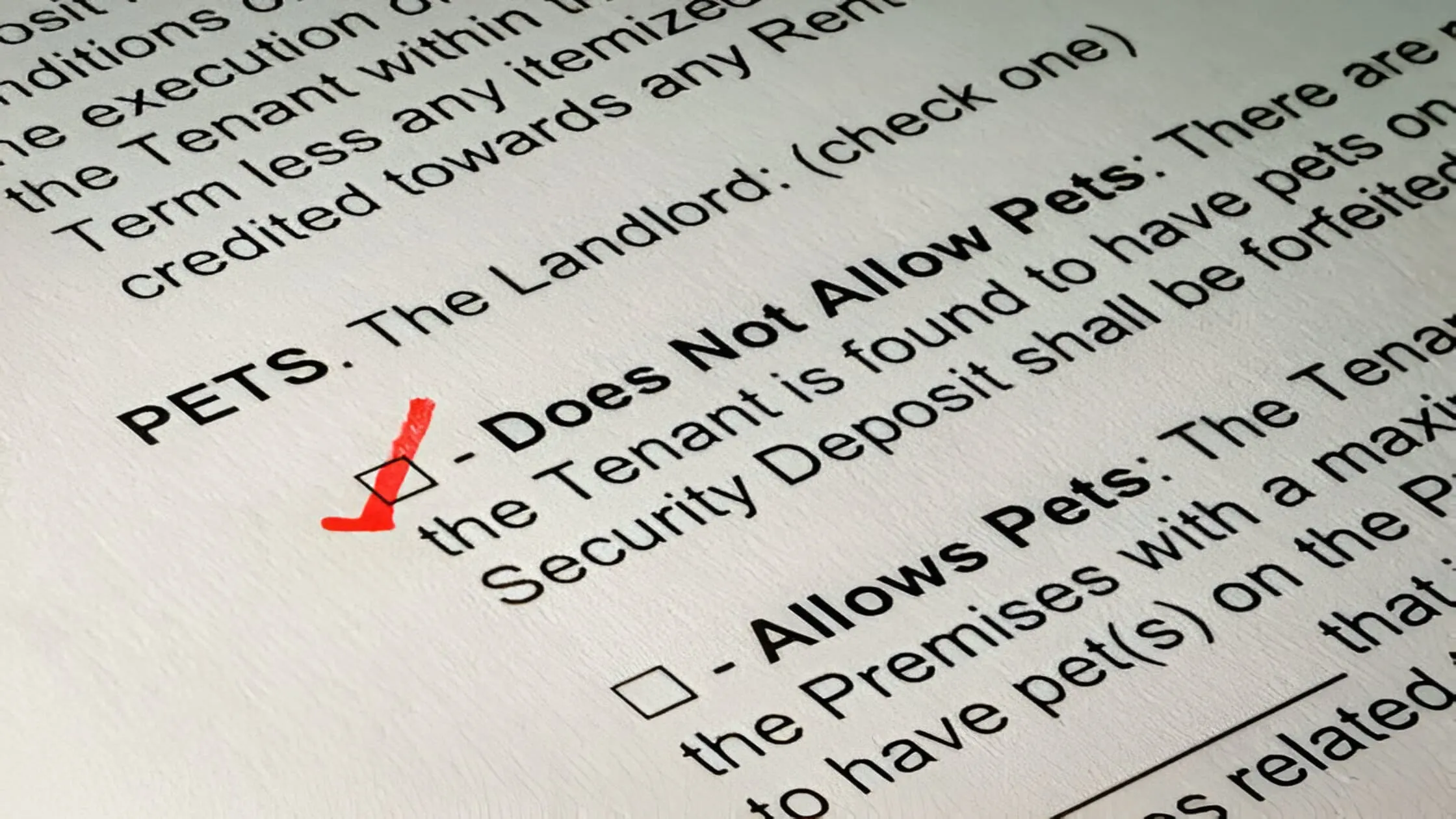
Accepting a Maryland portable tenant screening report can make your rental process smoother. It also keeps you in line with Maryland tenant screening laws. Here is a clear guide:
- Step 1 - Update each online rental listing and your website: Tell people in your online ads that you accept a portable tenant screening report.
- Step 2 - Ask renters to submit their reusable tenant screening report: Ask renters to send their report through a trusted site. For example, add a note to your rental application: “Please upload your tenant screening report.”
- Step 3 - Carefully review each report: Read each report carefully. Make sure the tenant says nothing has changed in their background since the report date.
- Step 4 - Only decline applications if you have proof: Only decline an application if you have proof of a real, documented change after the report was made.
- Step 5 - Never charge extra screening or application fees: Do not charge extra fees when you get a valid, current PTSR. This follows Maryland’s landlord-tenant laws.
- Step 6 - Give tenants a written lease agreement: Provide tenants with a written lease as Maryland law requires.
- Step 7 - Inform tenants about their rights: Give tenants a copy of the Maryland Tenants’ Bill of Rights.
Comparison – Maryland vs Other States on PTSR Laws
Maryland’s pioneering approach to portable tenant screening reports puts it alongside other progressive states with tenant protections in place. Here’s a comparison:
This comparison shows how Maryland is creating tenant-friendly yet practical rules for portable tenant screening reports. It offers renters transparency and protection, while still allowing landlords flexibility in their screening processes.
Maryland Tenant Screening Best Practices in 2025
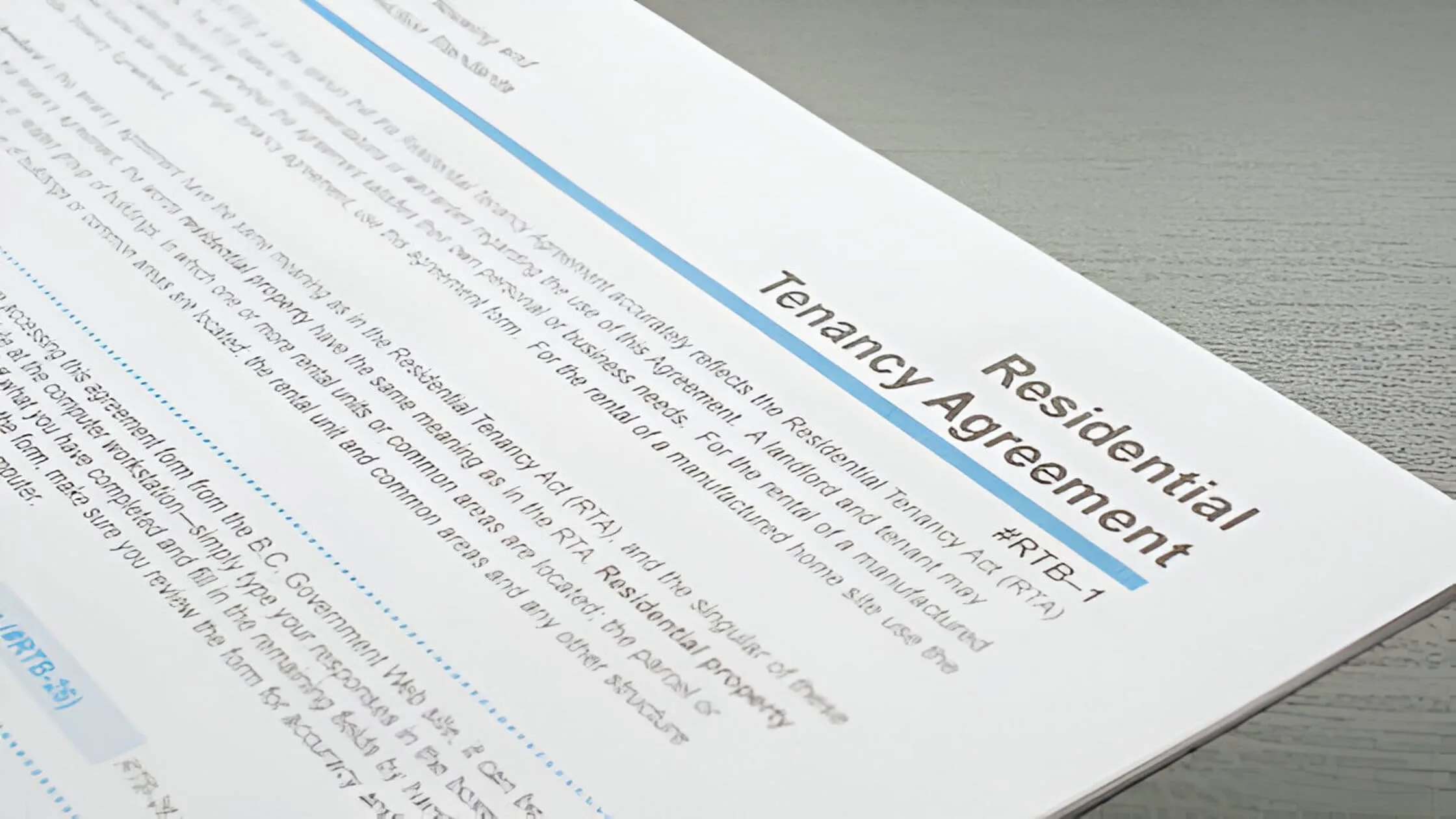
Following the right process for Maryland tenant screening is essential to ensure compliance and make informed rental decisions. Utilizing reliable services like LeaseRunner can help you stay up to date with the latest rules and streamline your screening process.
Application Fee Caps and Tenant Screening Reports
In Maryland, landlords with five or more units cannot charge more than $25 for an application fee. If a renter gives you a Maryland portable tenant screening report, you must waive this fee.
For example, if a tenant provides a valid reusable tenant screening report, you cannot charge any fee. Charging more can lead to fines under Maryland tenant screening laws.
Maryland Tenants’ Bill of Rights
All new renters must get a copy of the Maryland Tenants’ Bill of Rights. This paper explains a renter’s rights. From July 1, 2025, you must share this with all tenants.
Written Lease Requirement
If you own five or more units, Maryland law says you must give every tenant a written lease. This lease should explain how deposits (especially clarify how the Maryland security deposit works) are handled and the rules of the rental.
Screening Criteria and Non-Discrimination
Always screen renters based only on facts from their comprehensive, reusable tenant screening reports. Do not make decisions based on things like race or gender. Following Fair Housing Laws keeps your process fair.
Notice and Transparency Requirements
In every ad, say if you accept a portable report, what fees you charge, and how you use tenant data. This openness protects everyone.
Potential Risks of Maryland Portable Tenant Screening Reports
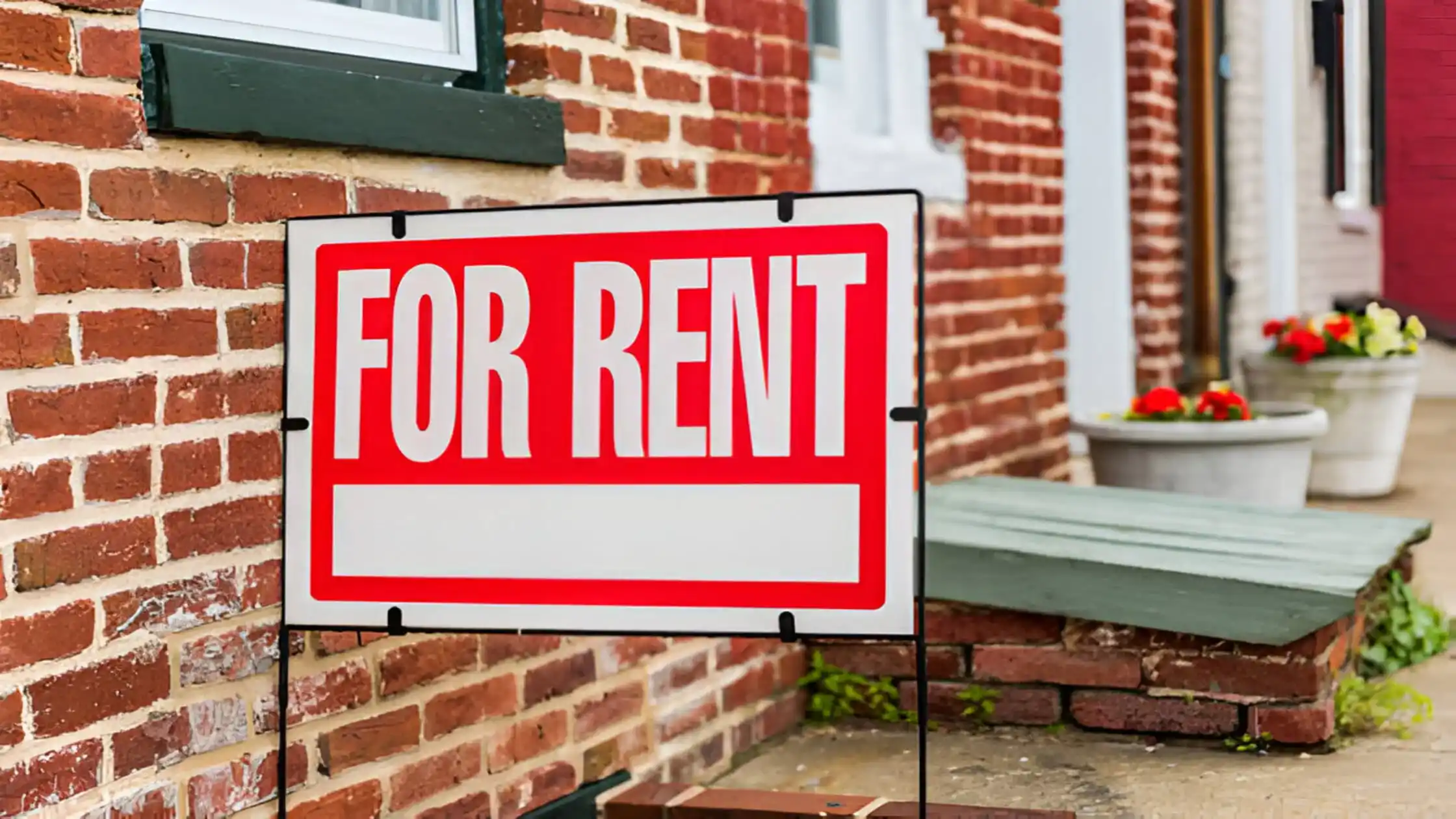
Despite many advantages, PTSRs may carry some risks that landlords and tenants should be aware of:
Outdated Information
A portable tenant screening report is only valid for 30 days under Maryland tenant screening laws. If someone submits an older report when applying for a property, it may not show a recent eviction or new criminal record.
For example, if a tenant faced court action just weeks ago, a stale report may cause the landlord to miss this red flag.
Incomplete or Missing Data
Some tenant screening reports may lack information if background agencies cannot access every local or out-of-state record.
This could mean missing eviction data from another state or a criminal charge from a small jurisdiction, impacting your Maryland tenant screening outcome.
Unverified or Tenant-Submitted Information
Reports must be generated by a certified service—never accept a portable tenant screening report made or edited by the applicant. Tenant-generated data may be outdated or inaccurate, risking a poor rental decision.
Fraud and Data Manipulation
If there’s no secure verification, reports could be forged or altered. For example, a PDF edited to remove an old eviction poses real danger to the landlord’s business.
Limited Landlord Acceptance
Not every property owner is familiar with portable reporting. Some may still insist on traditional background checks for renters, adding confusion and delay for applicants.
Manual Verification Burden
Landlords must confirm reports are complete, within the 30-day window, and that tenant details are correct. This vigilance can increase your workload, especially with many applications.
Security and Privacy Concerns
Handling comprehensive reusable tenant screening reports requires secure systems. Always use trusted digital platforms like LeaseRunner to keep private data safe and compliant with data laws.
Conclusion
The Maryland portable tenant screening report is changing how rentals work. It helps landlords and tenants save money and time. It also keeps things fair and clear. Renters can share one reusable tenant screening report with many landlords.
Landlords see full, correct details like credit, criminal, and eviction history. Using a service like LeaseRunner helps landlords follow all Maryland tenant screening laws and avoid extra fees. Renters also have an easier time with their Maryland rental application. Using a Maryland tenant screening report protects everyone and speeds up renting.
FAQs
Can I reject an applicant with a valid PTSR?
Yes. Under Maryland tenant screening laws, landlords can say no if there is a major change in the tenant’s record after the report was made. For example, if new criminal charges happen after the report was created, you can reject the applicant.
How recent must the PTSR be to be valid in Maryland?
A portable tenant screening report must be no older than 30 days. This rule makes sure the information is current and reliable. If the report is older than 30 days, the landlord might not accept it.
What if the PTSR lacks critical information?
If a Maryland portable tenant screening report is missing important details, landlords can ask the tenant for a new report. They can also do a regular background check for renters. This helps landlords follow laws and make good decisions.
